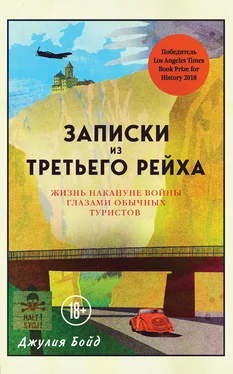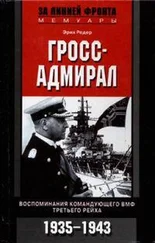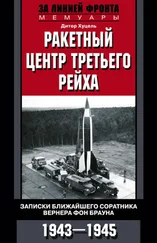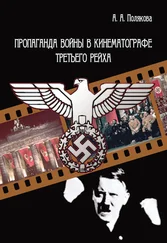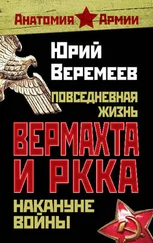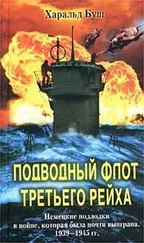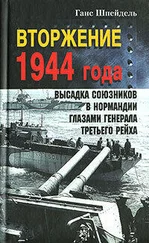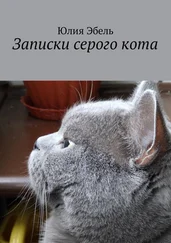По традиции, если военные были в парадной униформе, гражданские чины обязаны были надевать фрак.
Lady Rumbold to her mother, 22 March 1933.
Christopher and His Kind , pp. 96, 98.
Это сильное преувеличение, о сексуальных предпочтениях Рема заговорили задним числом – после его убийства для большей его дискредитации.
2 April 1933.
Christopher Isherwood, The Berlin Novels (London: Vintage Books, 1999), pp. 488–489.
Richard Breitman, Barbara McDonald Stewart and Severin Hochberg (eds.), Advocate for the Doomed: Diaries and Papers of James G. McDonald (Bloomington and Indiana: Indiana University Press, 2007), 4 April 1933, p. 40.
Ibid., 7 April 1933, p. 48.
Ibid., 9 April, p. 50.
Karina Urbach, Go-Betweens for Hitler (Oxford: Oxford University Press, 2015), p. 300.
T. Conwell-Evans, ‘Impressions of Germany’, The Nineteenth Century and After , January 1934, pp. 72–82.
Robert Bernays, Special Correspondent (London: Victor Gollancz, 1934), p. 124.
Black and Tans ( англ .) – официальное название «специальный полицейский резерв ирландцев-роялистов» / Royal Irish Constabulary Special Reserve. Специальные военно-полицейские силы, наподобие современных им фрайкорпс, воевавшие на стороне англичан во время эскалации военной конфронтации в Ирландии 1919–1921 гг. Прим. пер.
Evelyn Wrench, ‘What I saw in Germany’, The Spectator , 13 April 1933.
University of Chicago Library, Special Collections, Martin Flavin papers, Box 1, Folder 9.
Quoted in Mark McKenna, An Eye for Eternity: The Life of Manning Clark (Melbourne: Miegunyah Press of Melbourne University, 2011), p. 133.
Conwell-Evans, ‘Impressions of Germany’, pp. 74–75.
Lady Rumbold to Lucy Wingfield, 11 May 1933.
Frederick Birchall, New York Times , 11 May 1933. Quoted in Heinz-Dietrich Fischer (ed.), Germany through American Eyes: Pulitzer Prize Winning Reports (Berlin: Lit Verlag Dr. W. Hopf, 2010), pp. 76–78.
Daniel Guerin, The Brown Plague , trans. Robert Schwartzenwald (London: Duke University Press, 1994), p. 85. Banned in 1934, it was released in 1937, then published as La Peste brune (Paris: Spartacus, 1965).
Ibid., p. 90.
Quoted in Richard Griffiths, Fellow Travellers of the Right: British Enthusiasts for Nazi Germany (London: Oxford University Press, 1983), p. 157.
Letter from Sir Eric Phipps to Sir Maurice Hankey, 26 October 1933, CAC, Hankey papers, HNKY 5/5.
Дольше всех сопротивлялась нацистской унификации Бавария, но и она была сломлена 16 марта 1933 г. (а на Рейне – даже чуть раньше).
Nora Waln, The Approaching Storm: One Woman’s Story of Germany 1934–1938 (London: Cresset Women’s Voices, 1988), pp. 42–43. First published as Reaching for the Stars (Boston: Little, Brown & Co., 1939).
Hankey to Phipps, ibid.
Ibid.
Одной из находок пропаганды стали нацистские утренники («утренние праздники», Morgenfeier ), устраиваемые по воскресеньям утром – как раз в то время, когда в церкви начиналась служба. Музыка к ним подбиралась особенно тщательно. Они транслировались по радио. С началом войны утренние праздники стали самостоятельной формой пропагандистской деятельности НСДАП, и одной из их целей стало достижение полной светскости немецкого общества.
Pickelhaube – навершие, или пика, на макушке имело в средние века функциональное, а потом декоративное назначение.
Guerin, p. 93.
Ibid., pp. 148–149.
Hankey to Phipps, ibid.
Marsden Hartley to Adelaide Kuntz, 27 May 1933, ‘Letters from Germany’, Archives of American Art Journal , 1985, vol. 25, no. 1/2.
Hartley to Kuntz, 12 July 1933, ibid.
Manchester Guardian , 26 May 1933.
Quoted in Kristen Semmens, Seeing Hitler’s Germany (Basingstoke: Palgrave Macmillan, 2005), pp. 144–145.
Ibid.
Bradford J. Wasserman, Diary, 17 July – 21 August 1933, Virginia Historical Society.
Clara Louise Schiefer, Diary, July – August 1933, Special Collections Research Center, Swem Library, College of William and Mary, Williamsburg, Virginia.
Louise Willson Worthington, Diary, 1 August 1933, University of Kentucky Library, Special Collections.
Interview with the late Mrs Mary Burns, London, 9 February 2015.
Constantia Rumbold, c. May 1933.
Ibid.
После 1945 г. ее не стали восстанавливать в прежнем величии после бомбежек, а в декорированных развалинах устроили мемориал. Известные своим злословным остроумием берлинцы прозвали его «полый зуб» по конфигурации развалин.
Andrew Chandler (ed.), Brethren in Adversity , Church of England Record Society, vol. 4 (London: Boydell Press, 1997), pp. 47–48.
‘Memorandum by the Dean of Chichester on His Visit to Germany’, ibid., pp. 52–58.
Gibbs, p. 323.
Duncan-Jones, draft letter to the Editor, The Spectator , 11 July 1937, West Sussex PRO, uncatalogued papers of Duncan-Jones in three boxes.
Читать дальше
Конец ознакомительного отрывка
Купить книгу
